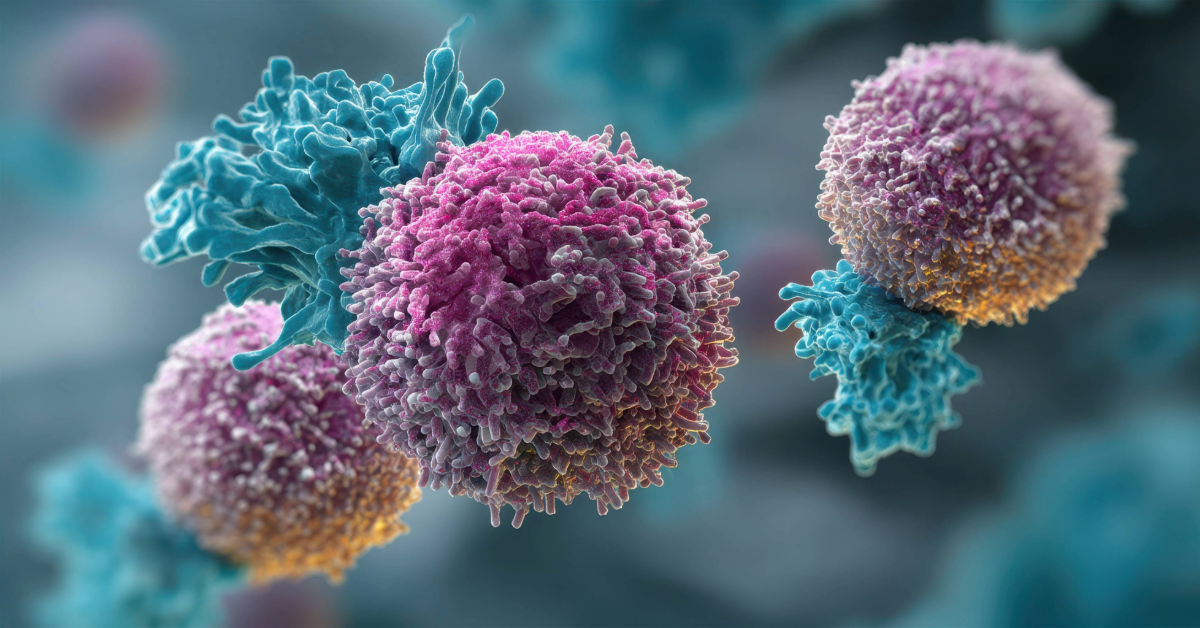Advanced therapeutics: revolutionising healthcare using cell and gene therapies
The human body is made up of cells which are primarily organised into tissues. Each cell contains nucleic acid, such as DNA, which contains the genetic information required for the cell to function.
Recent innovations in cell and gene therapies allow these fundamental biological building blocks to be modified and manipulated to treat disease. Gene therapy seeks to alter the expression of a gene or to modify the biological properties of living cells for therapeutic use. Cell therapy involves placing new, healthy cells into the body, for example to replace failing cells or to carry out a particular therapeutic function. Tissues can be engineered to contain beneficial cells or to replace or regenerate damaged tissue.
Important advances in gene editing, nucleic acid delivery methods (such as adeno-associated virus (AAV)), immunotherapy, chimeric antigen receptors (CARs) and T cell receptors (TCRs), CAR-expressing immune cells (such as CAR-T), cell culture technology, protein engineering, precision medicine and machine learning-approaches to drug discovery mean that halting and reversing disease, restoring damaged organs, and treating many previously-untreatable conditions is now a realistic goal.
The first wave of cell and gene therapies (also known as ‘advanced therapy medicinal products’ (ATMPs) or ‘cellular and gene therapy products’) are already being used in the clinic with striking results, and the development of next-generation technologies holds even greater promise. Such technologies are attracting significant investment: companies developing cell and gene therapies received approximately 30% (>$15 billion) of global VC biotech funding in 2019-2021.
Mewburn Ellis are delighted to be working with businesses that are developing technologies across the full spectrum of advanced therapeutic products.


-1.png?width=80&height=80&name=Cell%20culture-1%20(3)-1.png)

















